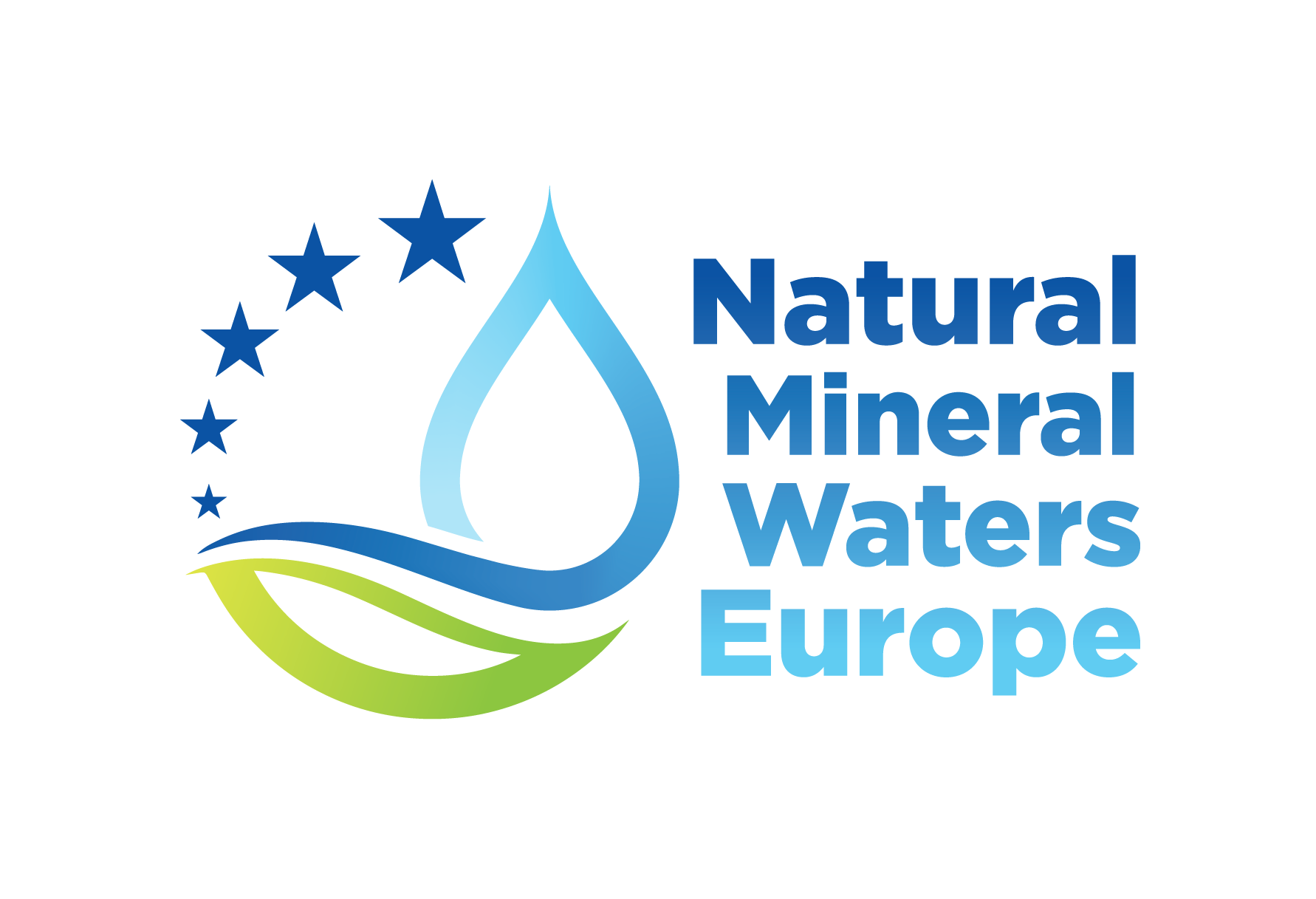Last November, the European Commission published its proposal for a Packaging and Packaging Waste Regulation (PPWR), presenting measures to reduce packaging waste.
While the proposal lays important ground for a more circular economy, it falls short of laying down some of the necessary enablers for our members to fully close the loop on their packaging.
Furthermore, the rigid approach to reuse in the proposal risks jeopardising the value chain’s investments towards recycling and threatens the viability of many companies, especially our many SMEs.
MEP Frédérique Ries’ proposed amendments offer major advances on both aspects. However, more still needs to be done to enable circularity and resource efficiency for beverage packaging.
Collection and access: key enablers for recycled content incorporation
Both the Single Use Plastics Directive and the PPWR foresee recycled content targets for PET beverage bottles of 30% by 2030. Meeting such targets implies that producers have access to a sufficient quantity of recycled PET (rPET).
Currently, that is not the case due to insufficient packaging collection in most EU countries without a deposit and return system (DRS). The downgrading of rPET bottles by other sectors into non-recyclable applications is another major concern for beverage producers.
Two essential measures are required to ensure rPET availability. The first is the mandatory deployment of DRS, as proposed by the Commission. DRS delivers, on average, 40% higher collection rates than standard extended producer responsibility schemes (EPRs). They should be operational across the EU two years before any recycled content targets kick-in.
Secondly, beverage producers must be given priority access to the recycled material from their bottles, both as a minimum requirement for DRS and for EPRs, as suggested by ITRE and IMCO Rapporteurs MEPs Toia and Joron.
Flexibility and complementarity should apply to reuse content
One aspect which is set to be transformative are the measures introduced for reusable packaging. The draft report from MEP Ries proposes to lift mandatory targets for reusable packaging from individual producers.
This approach aligns with practical and environmental considerations in our sector. Very significant investment would be required for producers to shift to reusable packaging, with no guarantee that retailers will source their new products from every producer.
Such investments would inevitably compete with ongoing investments in closed-loop recycling and pose a threat to the small and medium-sized enterprises (SMEs) which form the backbone of our sector.
From an environmental perspective, the benefit of reuse versus closed-loop recycling depends heavily on the context. For natural mineral water and spring water producers operating in rural areas, the obligation to bottle at source will be an important factor due to the distances from the source to the point of sale.
Allowing complementarity and flexibility between reuse and recycling, as suggested by MEP Patrizia Toia, would enable the industry to pursue a sensible path for reuse collectively.
2 steps forward, no steps back
Sustainability is at the heart of the natural mineral water business from source protection to packaging circularity.
NMWE supports the revision of packaging legislation. While we will be advocating for the improvements to the Proposal mentioned here, it is even more critical that the advances already included in MEP Ries’ draft report are safeguarded through the remainder of the legislative journey.
Ensuring packaging sustainability is a complex task and requires industry, policymakers and NGOs to cooperate, approaching the topic with ambition, pragmatism and flexibility.
In partnership with

This article was produced in partnership with Natural Mineral Waters Europe. Natural Mineral Waters Europe is non-profit trade association committed to ensuring that the high safety, quality and environmental standards of natural waters are recognised and maintained.
Sign up to The Parliament's weekly newsletter
Every Friday our editorial team goes behind the headlines to offer insight and analysis on the key stories driving the EU agenda. Subscribe for free here.